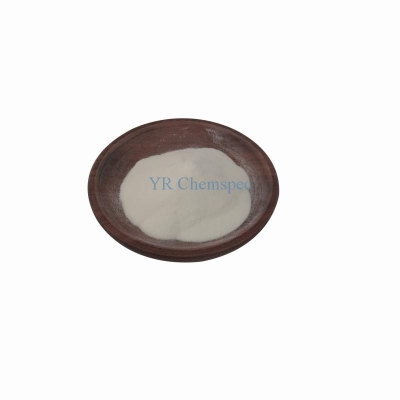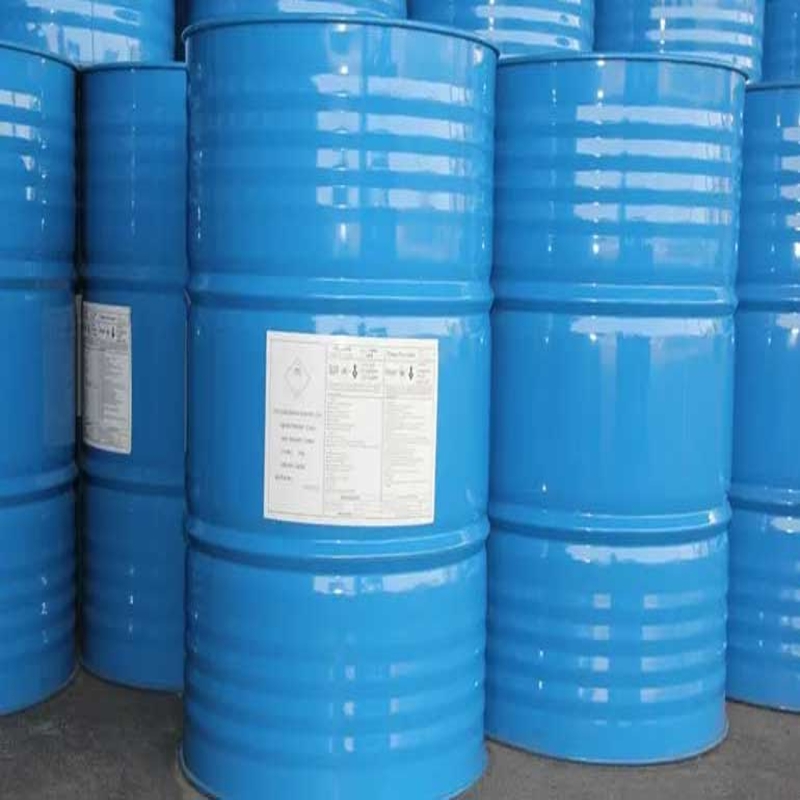-
Categories
-
Pharmaceutical Intermediates
-
Active Pharmaceutical Ingredients
-
Food Additives
- Industrial Coatings
- Agrochemicals
- Dyes and Pigments
- Surfactant
- Flavors and Fragrances
- Chemical Reagents
- Catalyst and Auxiliary
- Natural Products
- Inorganic Chemistry
-
Organic Chemistry
-
Biochemical Engineering
- Analytical Chemistry
-
Cosmetic Ingredient
- Water Treatment Chemical
-
Pharmaceutical Intermediates
Promotion
ECHEMI Mall
Wholesale
Weekly Price
Exhibition
News
-
Trade Service
A few days ago, according to a report jointly released by Bloomberg New Energy Finance and the Center for Strategic and International Studies, China, Japan and South Korea have unique advantages
in the competition of the global lithium battery industry chain.
As the most important core part of lithium batteries, the report said that from 2013 to 2020, the global battery cell manufacturing capacity increased by 4 times, reaching 549GWh, of which 78% of the cell production capacity is in China
.
(Battery cells generally refer to a single electrochemical cell containing positive and negative electrodes, and are generally not used directly)
For cathode materials, which account for up to 50% of the manufacturing cost of lithium batteries, China, Japan and South Korea currently have nearly 94% of the world's processing capacity; In terms of anode materials, at present, only five countries in the world, China, Japan, South Korea, the United States and India, have large-scale anode material production capacity, and China accounts for 78% of the global production capacity of anode materials currently in operation; In terms of diaphragms, the vast majority of current production capacity is located in China, Japan and South Korea; In terms of electrolytes, about 62% of the existing production capacity is located in China; As for the key metals for batteries (lithium, cobalt, nickel), although China is not their main producer, the processing and refining capacity of these metals is mainly concentrated in China
.
A few days ago, according to a report jointly released by Bloomberg New Energy Finance and the Center for Strategic and International Studies, China, Japan and South Korea have unique advantages
in the competition of the global lithium battery industry chain.
As the most important core part of lithium batteries, the report said that from 2013 to 2020, the global battery cell manufacturing capacity increased by 4 times, reaching 549GWh, of which 78% of the cell production capacity is in China
.
(Battery cells generally refer to a single electrochemical cell containing positive and negative electrodes, and are generally not used directly)
For cathode materials, which account for up to 50% of the manufacturing cost of lithium batteries, China, Japan and South Korea currently have nearly 94% of the world's processing capacity; In terms of anode materials, at present, only five countries in the world, China, Japan, South Korea, the United States and India, have large-scale anode material production capacity, and China accounts for 78% of the global production capacity of anode materials currently in operation; In terms of diaphragms, the vast majority of current production capacity is located in China, Japan and South Korea; In terms of electrolytes, about 62% of the existing production capacity is located in China; As for the key metals for batteries (lithium, cobalt, nickel), although China is not their main producer, the processing and refining capacity of these metals is mainly concentrated in China
.







